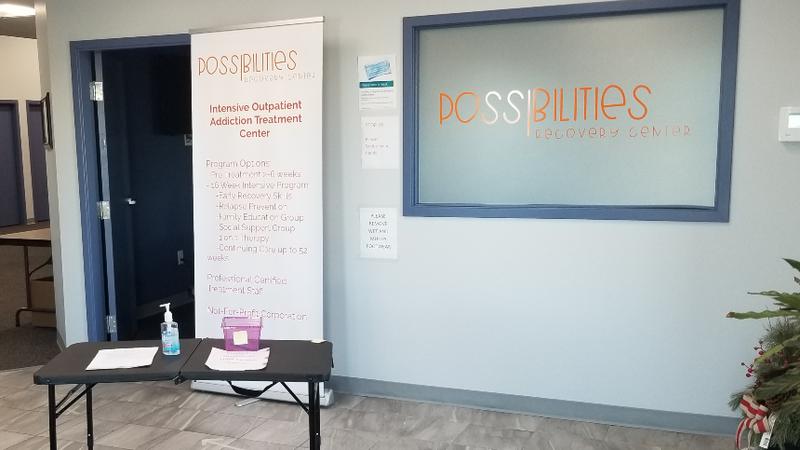
Non-profit concerned about province’s outlook on overdose crisis after funding rejection
A Saskatoon recovery centre is worried that its rejection for provincial funding is sending the wrong message in regards to the ongoing overdose crisis.
Tanner Perratt, the co-founder and business manager for Possibilities Recovery Centre Inc., said he has made two formal requests to the province for funding, with both receiving rejection letters over the past year. Perratt provided the rejection letters from the province to 650 CKOM.
“Our initial ask, we asked for $600,000. And that gave us the ability to operate what we are operating right now, as well as to add a second group (for the program). When we weren’t getting any responses on that, we didn’t really get any direction as to why they might be taking their time on it,” he said, before explaining that a second ask was made to the province just so the facility could continue to operate.
“Our second ask was about $350,000, and that would keep us in operation for one year for our group of 10 to 12 people. Our response that we got was that there currently are programs in place that (provincial officials) are satisfied that people can access these programs … and they are not in a position to support our group.”


